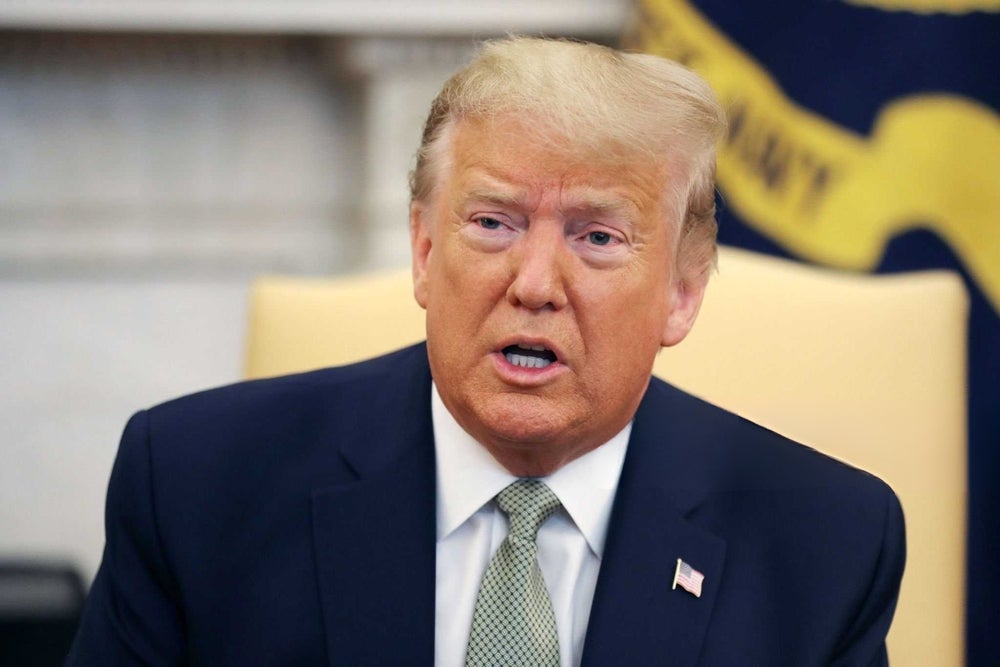The Impact of Trump’s Tariff on Foreign Auto Imports on Cryptocurrency Markets
President Donald Trump’s recent announcement of a 25% tariff on foreign auto imports has sent shockwaves through global markets, leaving investors scrambling to assess the potential fallout. While some sectors, such as domestic automakers, stand to benefit from this protectionist measure, others, including cryptocurrency, face an uncertain future.
Short-Term Volatility
In the short term, the cryptocurrency market may experience heightened volatility as investors react to the tariff news. Some experts argue that the uncertainty created by the tariff could lead to a sell-off in riskier assets, including cryptocurrencies. Others point to the potential for increased inflation, which could erode the purchasing power of fiat currencies and drive investors to seek out alternative stores of value, such as Bitcoin.
Long-Term Case for Bitcoin
Despite the short-term uncertainty, others see Trump’s tariff announcement as further validation of Bitcoin’s long-term case as a decentralized asset. With geopolitical tensions on the rise and trade wars escalating, the need for a borderless, decentralized currency becomes increasingly apparent. Bitcoin’s limited supply and decentralized nature make it an attractive alternative to traditional fiat currencies that are subject to inflationary pressures and political instability.
Impact on Individuals
For individuals, the impact of Trump’s tariff on foreign auto imports could manifest in a number of ways. Those who invest in cryptocurrency may see short-term volatility, with potential gains or losses depending on their investment strategy. However, those who view Bitcoin as a long-term store of value may see the tariff announcement as further evidence of the need for decentralized currencies in an increasingly uncertain world.
Impact on the World
On a larger scale, the impact of Trump’s tariff on foreign auto imports could have far-reaching consequences for the global economy. Trade tensions between the United States and its major trading partners could escalate, leading to a potential trade war that could negatively impact global growth. This uncertainty could lead to a flight to safer assets, such as gold or the Japanese yen, as investors seek to protect their wealth.
Conclusion
In conclusion, Trump’s newly announced tariff on foreign auto imports adds a layer of uncertainty to an already volatile global economic landscape. While the short-term impact on cryptocurrency markets may be significant, the long-term case for Bitcoin as a decentralized store of value remains strong. As geopolitical tensions continue to rise and trade wars escalate, the need for a borderless, decentralized currency becomes increasingly apparent.
For individuals, the impact of the tariff could manifest in short-term volatility in the cryptocurrency markets. However, those who view Bitcoin as a long-term store of value may see the tariff announcement as further evidence of the need for decentralized currencies in an increasingly uncertain world.
On a larger scale, the impact of the tariff could lead to a potential trade war that negatively impacts global growth, leading to a flight to safer assets. Ultimately, the long-term implications of Trump’s tariff on foreign auto imports remain to be seen, but one thing is clear: the need for decentralized currencies that are not subject to political instability or inflationary pressures is more important than ever.
- Short-term volatility in cryptocurrency markets
- Long-term validation of Bitcoin as a decentralized asset
- Potential for increased inflation
- Need for a borderless, decentralized currency
- Potential for a trade war and negative impact on global growth





